No employer likes his or her offer to be turned down. It sends many conflicting messages about the suitability of the employer’s organization. And this is what some have deduced from the ‘avalanche’ of rejections coming from the President’s political nominees.
What could have ended as an embarrassing week for the presidency has now been spiced up with two good news: The recent nice words from Aisha Buhari about her “dear” husband’s administration and Professor Akintunde Akinwade’s clarification that he wasn’t rejecting Buhari’s offer. (Aisha’s kind words are coming weeks after she criticized her husband’s government. I expect some more kind words from her in their daughter’s wedding ceremony.)
But these news cannot detract from the reasons given so far for rejecting Buhari’s offers. The reasons Usman Barage and Pauline Tallen – both political heavyweights — gave for rejecting their appointments implied that the government did not do its homework before announcing the names of these candidates. (Barage says that he’s very busy at the moment and Tallen says proper consultations weren’t made before the announcement.)
But what does it mean for a heavyweight politician to take up an ambassadorial posting?
Advertisement
In 2010, when it was reported that Downing Street wanted to offer David Miliband – who was recovering from an electoral defeat and wanted to still remain relevant in British politics — the post of British Ambassador in Washington, the politician was wary.
Miliband told his associates that he wasn’t sure if the job had real powers or was more of a message carrier – in this case from the British government to the US.
This is actually what it is.
Advertisement
Recall that some months ago the ministry of foreign affairs warned foreign ambassadors in Nigeria to stop contacting the President or the Vice President directly. The right channel, the ministry says, is to pass through it when it wants to talk to government. The same applies to Nigerians who are ambassadors in foreign countries.
And same applies at home, as well. Technically, the politicians, who will soon be made ambassadors, are not supposed to contact President Buhari directly. They are supposed to follow the right channel. They should report to the minister of foreign affairs, not the President. (I’m not sure either Barage or Tallen would want to be reporting to a minister. Foreign affairs ministry approves the budgets of foreign missions.)
However, in some cases, where the ambassador is the President’s friend, this protocol can be broken. And if you are the Presidents close associate, chances are that you would have been told where you are going to be posted to: a posh country of course. (Apart from the US, UK, Canada, China and some European countries, Nigerian politicians see ambassadorial postings as ‘punishment’.)
On more thing about ambassadorial posting: many Nigerian missions abroad are cash-strapped and can’t even meet their basic financial obligations. (So if you have political ambitions, these places are not where you raise the resources to contest the next elections.)
Advertisement
Not only that. Such political postings are the first to be axed when a new administration comes on board. So, if you are appointed an ambassador today, you have only two years to act.
Besides, these days, some ambassadors are seen as ‘decorations’ – as people who do cushy jobs to be exact. With the advent of social media and other effective ways of communicating, many businesses channel their inquiries directly to the agencies they wish to meet. Sometimes, they meet directly and discuss businesses with Nigerian ministers in their ‘famous roadshows’ abroad. These meetings are followed by marching orders to ambassadors to prepare visas for them.
A heavyweight politician, who isn’t sure of getting a juicy ambassadorial postings, might opt to reject such posting. It could be viewed as a way of making a politician irrelevant locally. After all, those who will be going to the UK or the US cannot say they haven’t been consulted – they already know.
This might not be the case for a hungry politician, though! For such politicians, any appointment would always be better than where they were coming from.
Advertisement
On a final note, it is important that the number for non-career diplomats be reduced in order to make more room for career diplomats, who understand Nigeria’s foreign policy. I have no doubt that some politicians do not know the pillars of our foreign policies. Besides, a diplomat who doesn’t understand any other language other than English is handicapped!
STILL ON THE US ELECTIONS
Technically, the US elections are not always determined by popular votes – they are determined by a bunch of guys who make up the Electoral College. This is why Al Gore got about 540,000 votes more than Bush, but lost to Bush. Thanks to the Electoral College.
Advertisement
Apparently, this is why Trump has been hammering that the elite – apparently those in the Electoral College – are likely to rig the election.
Trump moves crowds and has many fanatical followers, but Hillary doesn’t really have such. She could win the Electoral College as things are but Trump might end up getting the popular votes.
Advertisement
Views expressed by contributors are strictly personal and not of TheCable.
1 comments

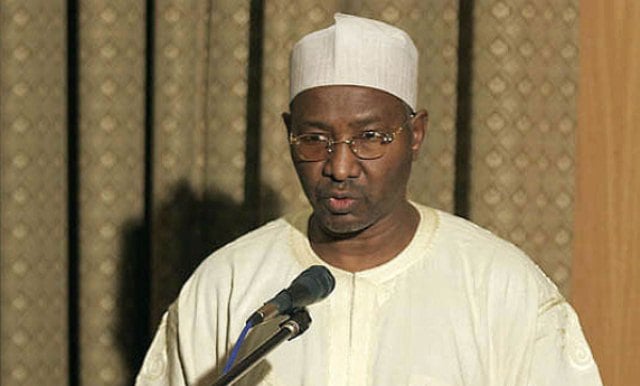
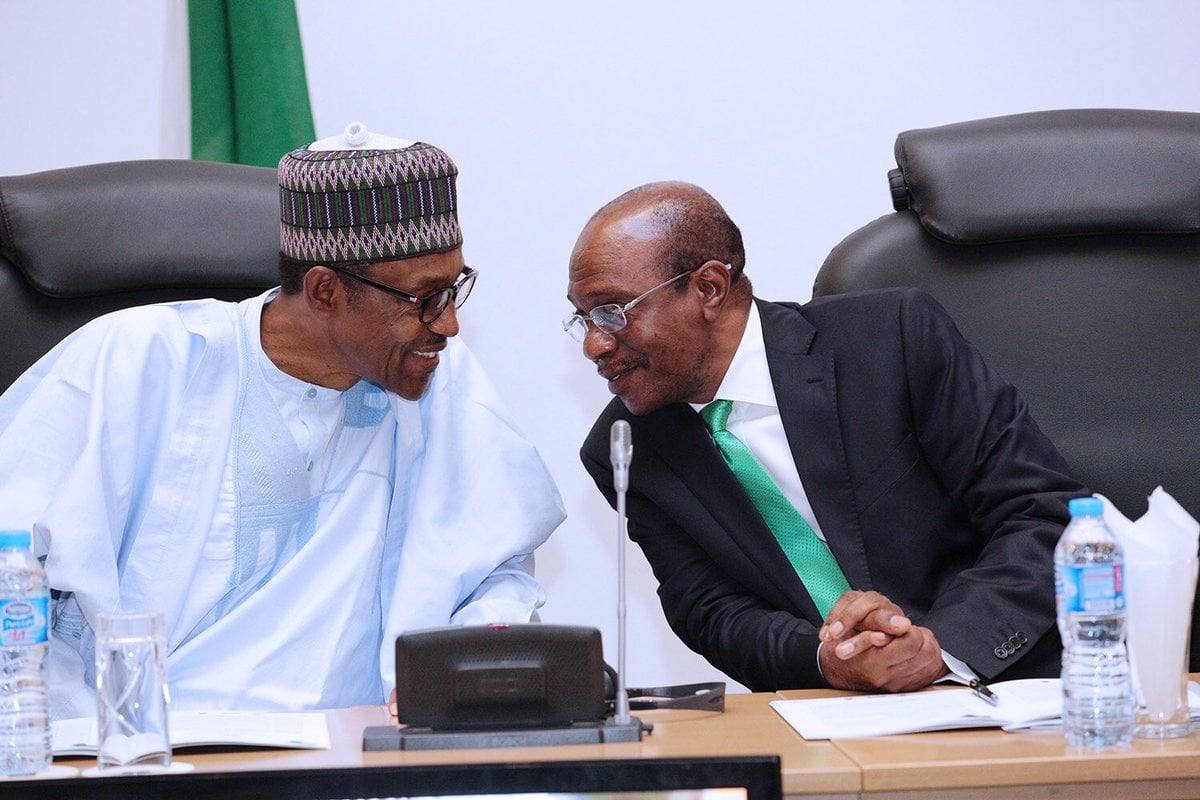
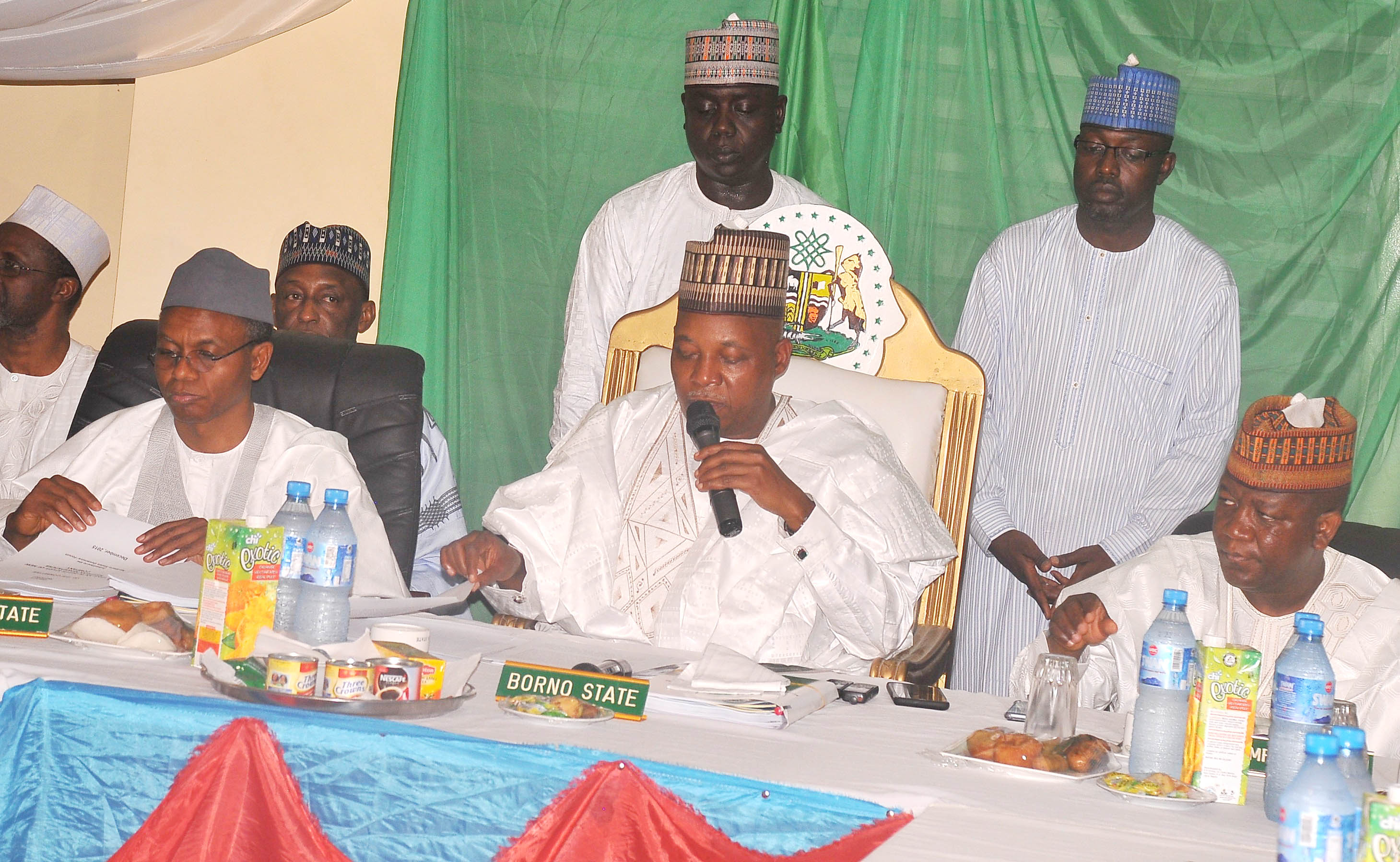
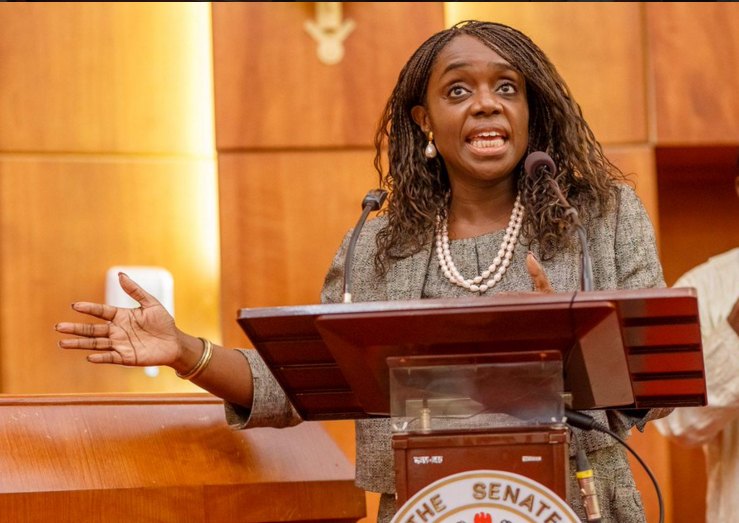
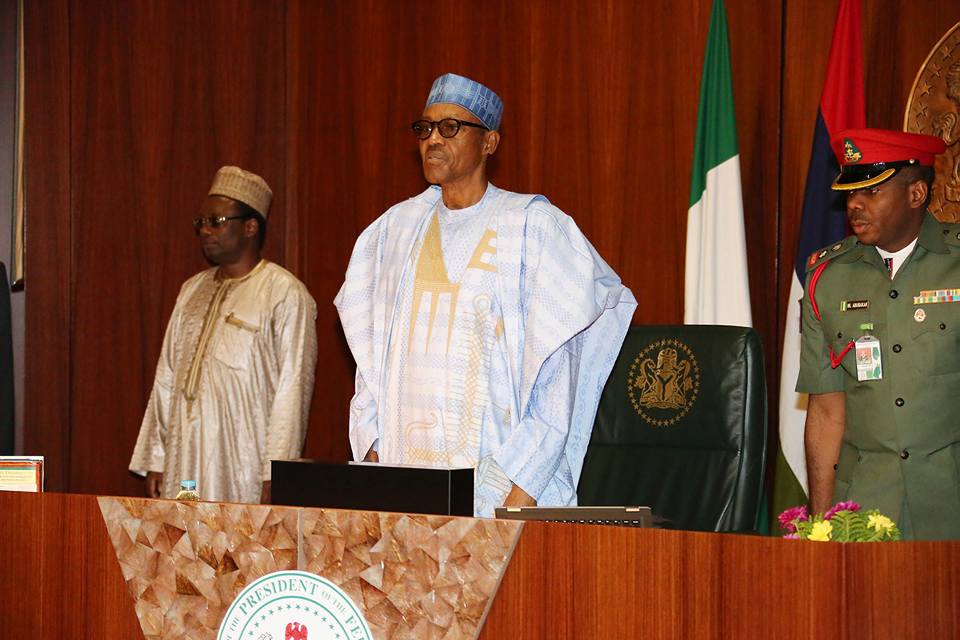
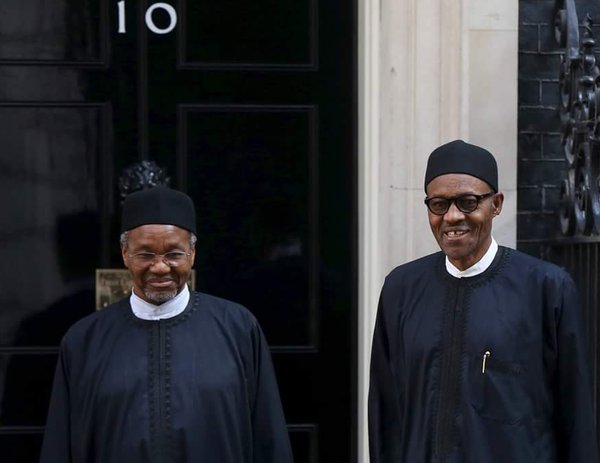
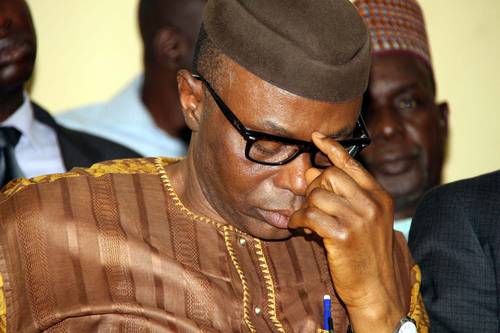
Your gradually shifting your position on the election outcome right!?